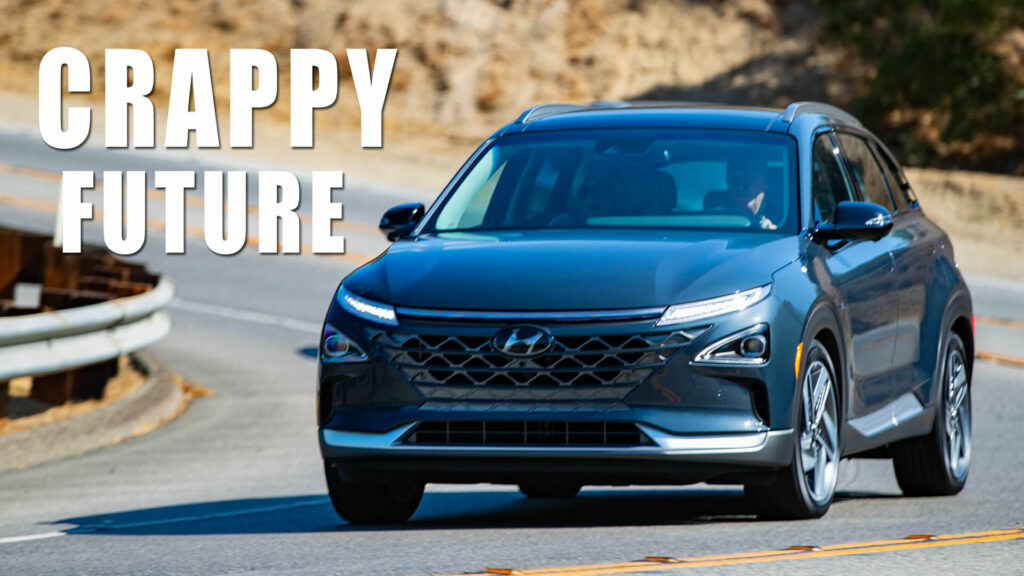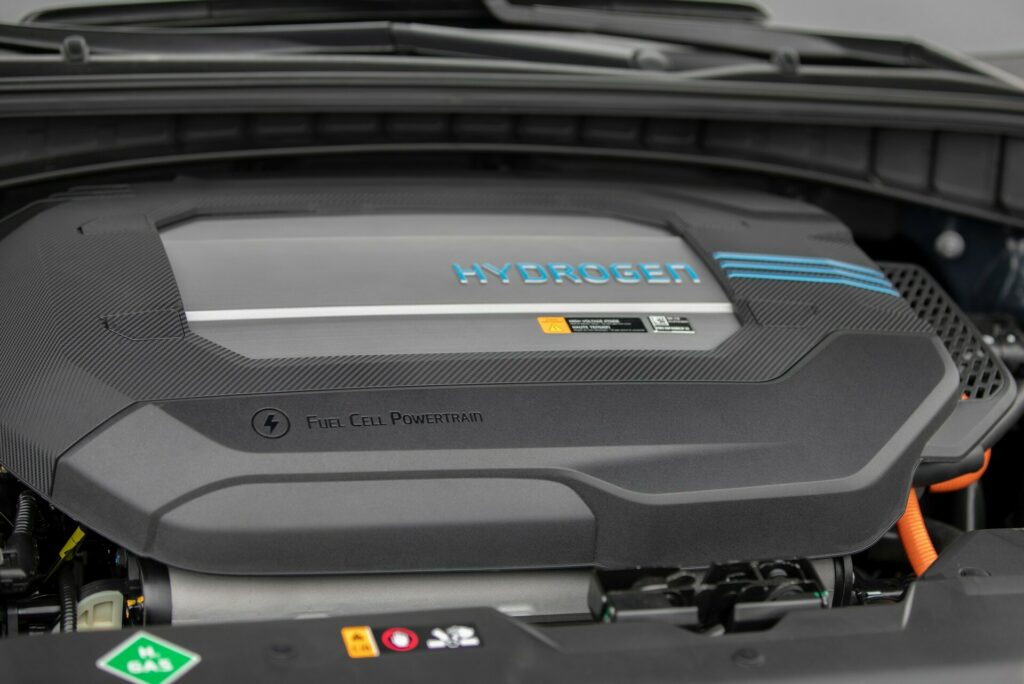At CES, Hyundai will announce several developments, including the introduction of a new infotainment system with an integrated app store
5 hours ago
 –>
–> 
–>
Hyundai is embracing hydrogen and artificial intelligence as part of an effort to save the environment, while also making vehicles smarter.
Starting with technology, Hyundai used CES to announce a new “Software-defined Everything” strategy. It “aims to transform all moving devices, fleets and ecosystems into valuable assets through advanced software and AI.”
As part of this effort, the company announced plans for a new infotainment system with an app store. Speaking of the latter, Hyundai mentioned software development kits that will enable people to create “killer apps.”
advertisement scroll to continue
Since an app store is kind of passé at this point, Hyundai will “integrate its own large language model into their AI assistant and navigation system.” This promises to provide a natural and convenient user experience with improved safety.
More: Hyundai And Kia Have Faith In Hydrogen, Partner With Fuel Cell Specialist For Next-Gen Vehicles
[embedded content]
The automaker went on to say they want to separate hardware from software to enable independent updates and advancements. Hyundai also “envisions vehicles evolving into ‘AI machines’ that continuously learn.” The specifics are hazy, but the general idea is that vehicles could eventually personalize user experiences, simplify or eliminate tedious tasks, and deliver added value to users.
On the hydrogen side, the fuel will play a “crucial role in Hyundai’s sustainability roadmap as it is a clean energy source.” The company envisions it to power not only trucks, buses and passenger cars, but aircraft, sea-going vessels, power generators, and trams.
Given this, Hyundai’s HTWO is becoming more important and transitioning into a “hydrogen value chain business brand.” The company also announced they’re developing “megawatt-scale polymer electrolyte membrane electrolyzer manufacturing capabilities for green hydrogen production, which is expected to commercialize within the next few years.”
Speaking of hydrogen production, Hyundai is focused on two approaches known as Waste-to-Hydrogen and Plastic-to-Hydrogen. The latter involves the fermentation of organic waste – such as food and livestock manure – to produce biogas, which is then treated to capture carbon dioxide and produce hydrogen. The Plastic-to-Hydrogen process is totally different and sees waste plastics that cannot be recycled melted, gasified, and then transformed into hydrogen by removing unnecessary elements.


